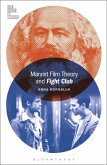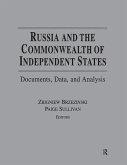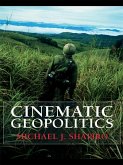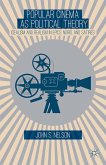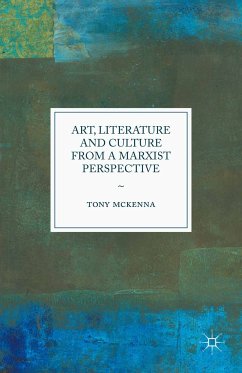Anna Kornbluh provides an overview of Marxist approaches to film, with particular attention to three central concepts in Marxist theory in general that have special bearing on film: "the mode of production," "ideology," and "mediation." In explaining how these concepts operate and how they have been used and misused in film studies, the volume employs a case study to exemplify the practice of Marxist film theory.
Fight Club is an exceptionally useful text with which to explore these three concepts because it so vividly and pedagogically engages with economic relations, ideological distortion, and opportunities for transformation. At the same time, it is a very typical film in terms of the conditions of its production, its marketing, and its popularity. Adapted from a novel by Chuck Palahniuk, the film is a contemporary classic that has lent itself to significant re-interpretation with every shift in the political economic landscape since its debut.
Marxist Film Theory and Fight Club models a detailed cinematic interpretation that students can practice with other films, and furnishes a set of ideas about cinema and society that can be carried into other kinds of study, giving students tools for analyzing culture broadly defined.
Fight Club is an exceptionally useful text with which to explore these three concepts because it so vividly and pedagogically engages with economic relations, ideological distortion, and opportunities for transformation. At the same time, it is a very typical film in terms of the conditions of its production, its marketing, and its popularity. Adapted from a novel by Chuck Palahniuk, the film is a contemporary classic that has lent itself to significant re-interpretation with every shift in the political economic landscape since its debut.
Marxist Film Theory and Fight Club models a detailed cinematic interpretation that students can practice with other films, and furnishes a set of ideas about cinema and society that can be carried into other kinds of study, giving students tools for analyzing culture broadly defined.



